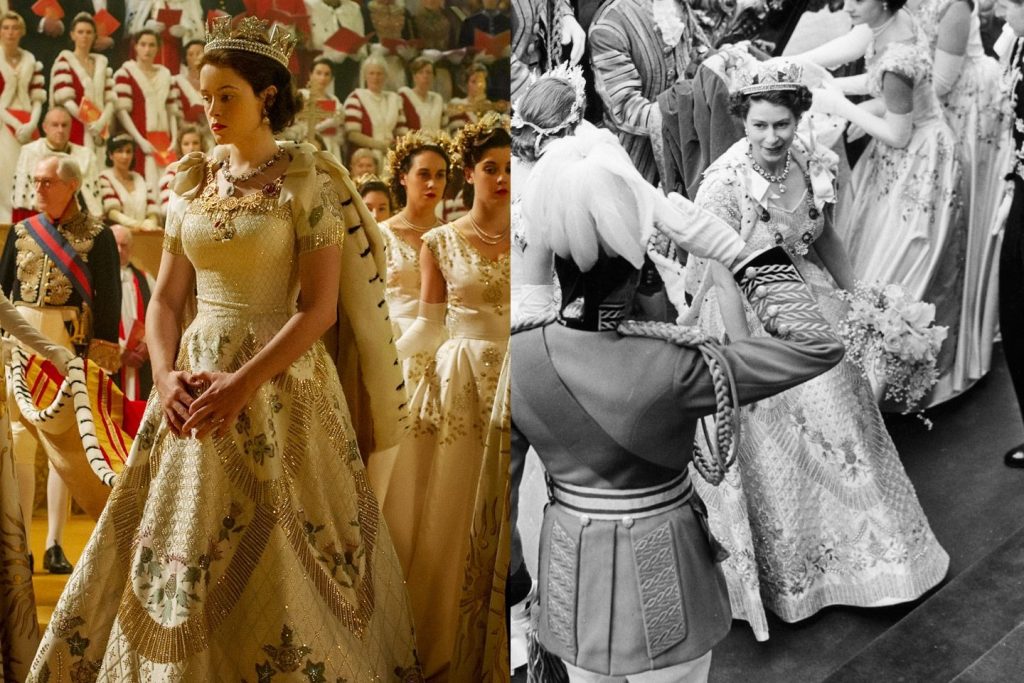Drama series have become more than just entertainment—they’re cultural phenomena, conversation starters, and works of art. Here’s a carefully curated list of ten of the most influential and acclaimed drama series from around the world. They span genres and styles, but all share exceptional writing, characters, and impact.

1. The Sopranos (1999-2007)
This series follows mob boss Tony Soprano, balancing his criminal empire with family life and mental health issues. It broke new ground in TV drama—grounding the gangster story in suburban domesticity and complex psychology.
Why it matters: It helped inaugurate the “Golden Age of TV” by showing that television could be as nuanced and morally ambiguous as the best films.
Themes: Power, family, identity, the American dream gone wrong.
2. The Wire (2002-2008)
Set in Baltimore, this series examines the interconnected systems of crime, policing, politics, education and media. It’s praised for its authenticity and unfiltered portrayal of urban life.
Why it matters: It transcends genre—crime drama becomes social commentary, offering layered, novelistic storytelling.
Themes: Institutions, powerlessness, systemic failure, moral complexity.
3. Breaking Bad (2008-2013)
High school chemistry teacher Walter White turns into a meth kingpin after a cancer diagnosis. The series explores transformation, consequences, and moral decay.
Why it matters: A masterclass in tension, character arc, and storytelling—often cited as among the greatest TV dramas ever.
Themes: Power, desperation, identity, corruption of self.
4. Mad Men (2007-2015)

Set in a 1960s advertising agency, this show explores identity, gender, power, and the shifting cultural landscape of America.
Why it matters: It married stylistic elegance with deep sociological insight and brilliant character work.
Themes: Reinvention, gender roles, consumerism, time and change.
5. Game of Thrones (2011-2019)

Based on George R.R. Martin’s novels, this epic opened television to blockbuster scope: dragons, political intrigue, epic war—and morally grey characters.
Why it matters: It became a global phenomenon, raising the bar for production values and storytelling ambition.
Themes: Power, legacy, betrayal, fate vs ambition.
6. Succession (2018-)

This sharp, darkly comic drama centers on the Roy family’s fight for control of a global media empire. Its acerbic tone and contemporary relevance have been widely acclaimed.
Why it matters: A modern drama of wealth, power, dysfunction and legacy—with razor-sharp writing and performances.
Themes: Succession, ego, family vs business, moral bankruptcy.
7. Chernobyl (2019)

A five-part miniseries about the 1986 nuclear disaster and its aftermath in the Soviet Union—a gripping, sobering true-story drama.
Why it matters: It demonstrates how drama can powerfully explore real events with emotional and intellectual depth.
Themes: Truth vs lies, institutional failure, sacrifice, human cost.
8. Better Call Saul (2015-2022)

A prequel to Breaking Bad, this series follows Jimmy McGill’s transformation into Saul Goodman—a legal fixer with moral tumble.
Why it matters: It elevates spin-off storytelling into something independent, profound and cinematic.
Themes: Identity, integrity, transformation, tragedy.
9. The Crown (2016-)

A lavish historical drama about the reign of Queen Elizabeth II and the British monarchy—balancing spectacle with intimacy and emotional conflict. (Noting it appears in lists of greatest shows of the 21st century.)
Why it matters: It blends high production value and character‐driven drama to show how history and individuals intertwine.
Themes: Duty, power, legacy, personal vs public.
10. Six Feet Under (2001-2005)

A deeply introspective drama centered on a family-run funeral home and the existential struggles of the owners and clientele. It’s frequently lauded for its emotional honesty.
Why it matters: It explores life, death and meaning with uncommon emotional complexity—showing how television can be deeply human.
Themes: Mortality, family, grief, self-discovery.
How to Watch and Appreciate These Shows
- Start with what appeals: If you like crime realism, pick The Wire or The Sopranos; if epic fantasy is your thing, go for Game of Thrones.
- Pay attention to character arcs and themes: These series excel because characters change & grow in meaningful ways.
- Consider context: Many of these shows comment on society, institutions or power—so watching with reflection can deepen the experience.
- Give them time: Some shows build slowly (Six Feet Under, The Wire); patience is rewarded.
Frequently Asked Questions (FAQ)
Q1: What makes a drama series “one of the best”?
A: It’s usually a combination of strong writing, compelling characters, production quality, cultural impact and themes that resonate long after viewing.
Q2: Do I have to watch them in order of release?
A: Not necessarily. You can pick based on what genre interests you most. However, watching in release order helps appreciate the evolution of the medium.
Q3: Are these series appropriate for all audiences?
A: Not always. Many of these shows include adult themes, violence or mature content—please check ratings and viewer discretion is advised.
Q4: What genre variety is there among these?
A: Quite broad—crime (The Wire), family/psychological (Six Feet Under), fantasy (Game of Thrones), historical (The Crown), disaster/true-story (Chernobyl).
Q5: Can international (non-English) drama series also be “best”?
A: Absolutely. While many prominent ones are English-language, the medium is global—this list could be expanded. These ten are widely accessible and acclaimed.
Final Thoughts
These top-10 drama series represent storytelling at its finest. Whether you’re drawn to sweeping epics, intimate character studies, or social critiques, each series offers something deeply engaging. They’ve shaped what television can be—and continue to inspire new work.
Pick one. Dive in. Let it immerse you.
